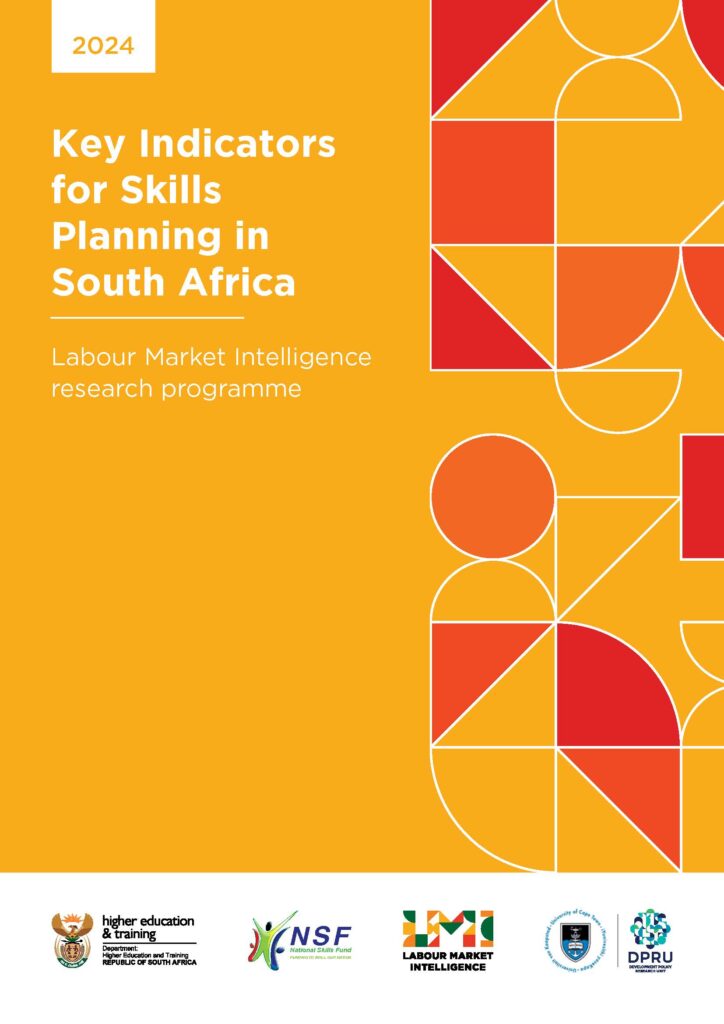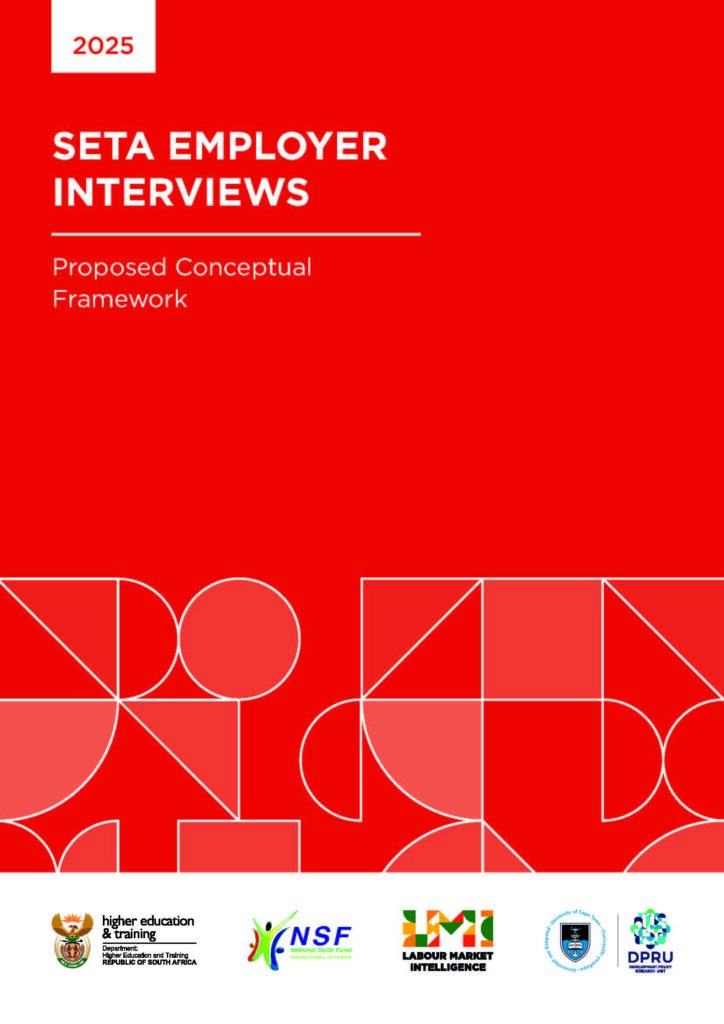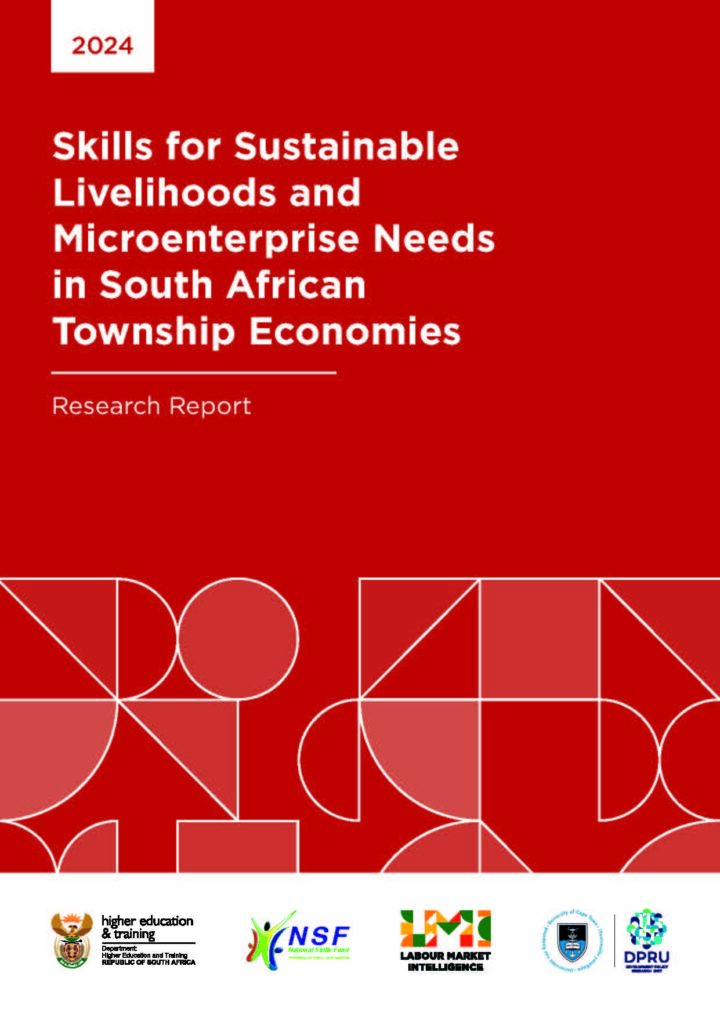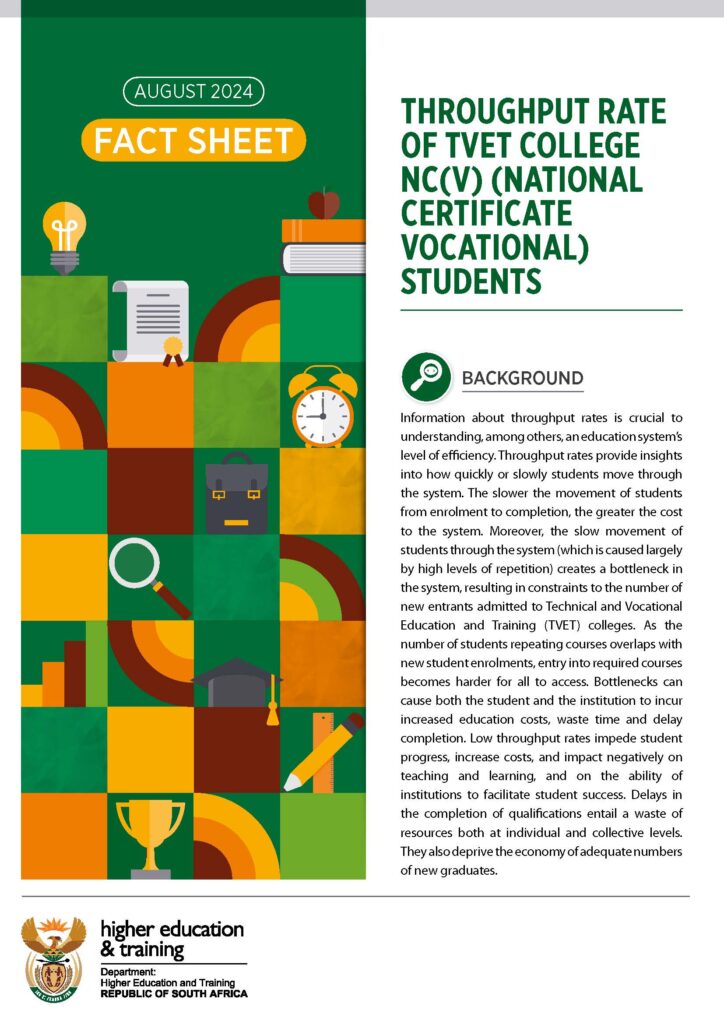Labour Market Intelligence research programme
Abstract
There is a need for the consistent and reliable production, analysis and dissemination of national- and sector-level labour market information on which to make informed decisions and base planning, to ensure that the skills available in the country are aligned with the needs of the economy and society.
To this end, the LMI research programme aims to coordinate and conduct research, and share it broadly in support of the DHET’s goal of building a labour market information system (LMIS) as part of a national skills planning mechanism, to align skills planning with economic planning, and to support sustainable and inclusive economic growth in South Africa.
Within this context, it is important that the platform, as well as all research conducted and disseminated through the programme, be located within a common framework for understanding skills supply, skills demand and the imbalances between these. Central to this is the development of indicators to provide a common basis for policy deliberations. The Conceptual Framework for Skills Supply and Demand lays out the approach to understanding skills supply and demand taken in the LMI research programme. This document should be read in conjunction with that one, and explains a number of indicators consistent with the Conceptual Framework for Skills Supply and Demand.
This publication covers
- Background
- The approach to understanding supply, demand and imbalances
- Key indicators for skills planning: structure of the defined concepts and indicators
- Contextual indicators
- Skills demand indicators
- Skills supply indicators
- Skills imbalance indicators




